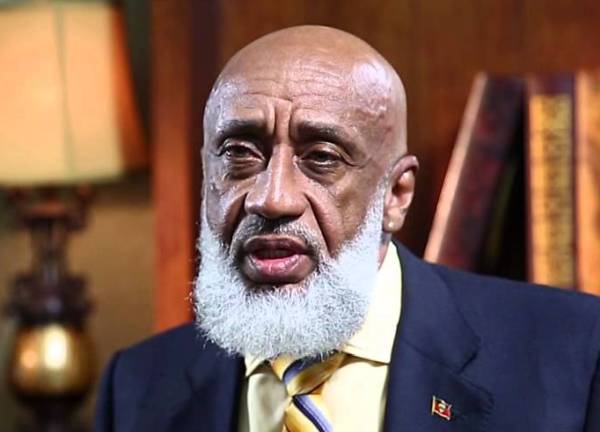(RealNews)COMMENT
I am of the firm opinion that clause 5 of the Bill, currently before
Parliament, which seeks to amend section 121A of the Registered
Land Act, Cap. 374, is unconstitutional as it infringes section 9.(1)
of the Antigua and Barbuda Constitution which protects persons
from deprivation of their property “except for public use and except
in accordance with the provisions of a law applicable to that taking
of possession or acquisition and for the payment of fair
compensation within a reasonable time”.
The Bill in question is the Registered Land (Amendment) Bill, 2023
which was approved by the House of Representatives on July 28,
2023 and will, today Wednesday August 9th, be before the Senate
for consideration.
Background
Following the Island-wide Cadastral Survey in 1975 and the
adjudication process to determine ownership, privately-owned
lands that were not then claimed were placed in the name of the
Crown pending the application to the Registrar of Lands by
interested persons who claimed ownership. Section 121A, which
was introduced as an amendment to the Registered Land Act,
1975 by Act No. 6 of 2007 provided a process whereby persons
eligible could apply to the Registrar for registration with supporting
affidavit evidence, and the Registrar would have the application
advertised and then if satisfied make a recommendation to Cabinet
to approve the application, whereupon the applicant would be
registered as proprietor.
That amendment recognized that a number of persons were
occupying lands without being in possession of a Deed of
Ownership or a Certificate of Title; and that many land owners
either have been living overseas for years, or were deceased and
their children/beneficiaries may not be in possession of any land
ownership documents. A simple process was therefore put in place
to allow for registration as a proprietor, notwithstanding the
passage of time.
The Amending Bill
Clause 5 seeks to amend section 121A by imposing a three (3) year
time limit commencing from the date the amending Bill is made law
for any application to be made and considered; and that at the
expiration of that period (August 2026, hopefully), “the parcel of
land shall be vested in the Crown”, and that “the Cabinet may, by
order published in the Official Gazette, authorize the Chief Land
Officer to deal with the parcels (of land) in the manner directed by
the Cabinet”. In effect, these unclaimed lands will then become
property of the Crown to be dealt with as Cabinet thinks fit. No
notice of an intention to acquire by the government in the name of
the Crown will be published in a newspaper for public information;
no declaration of any public purpose for the acquisition will be
made; and no compensation will be assessed for payment, at
some time in the future, to the prospective owners of the land. Do
bear in mind that some of these lands may currently be occupied,
and that these occupants may have a legal right to title by way of
prescription, as these lands do NOT belong to the Crown.
The Constitutional protection
At the beginning of this article, I made mention of section 9.(1) of
our Constitution. It is important that the public is made aware of
section 9.(2) which provides that “Every person having an interest in
or right to or over property which is compulsorily taken possession
of or whose interest in or right to or over any property is
compulsorily acquired shall have the right of access to the High
Court for – (a) the determination of his interest or right, the legality
of the taking of possession or acquisition of the property, interest or
right and the amount of any compensation to which he is entitled;
and (b) the purpose of obtaining payment of that compensation”.
There is among our statutes, the Land Acquisition Act, Cap. 233
passed in 1958 which lays down the process which government
must follow should it wish to acquire lands from persons who either
own those lands or who have a right to or an interest in the lands.
The Amending Bill makes no reference to the provisions of that Act;
in fact the Bill simply seeks to allow the Crown to take and dispose
of lands which the government recognizes does not belong to the
Crown and never belonged to the Crown.
That is not acceptable. Particularly as the Constitution provides in
section 2 that “This Constitution is the supreme law of Antigua and
Barbuda and, subject to the provisions of this Constitution, if any
other law is inconsistent with this Constitution, this Constitution
shall prevail and the other law shall, to the extent of the
inconsistency, be void”.
A possible solution
In closing, I draw the attention of the relevant government
authorities to two exceptions provided by section 9.(4) of the
Constitution for their due consideration: where the law makes
provision for the taking of possession or acquisition of any
property, interest or right in satisfaction of any tax (such as
property tax) due; and where the acquisition of privately-owned
land is necessary because the property is in a dangerous state or
likely to be injurious to the health of persons, animals or plants.
August 8, 2023.
Justin L. Simon, KC
Attorney-at-Law










